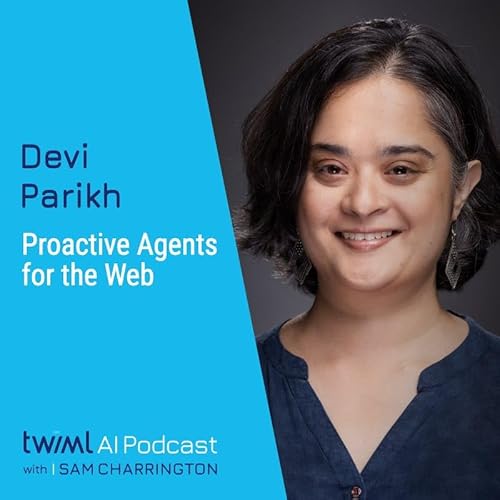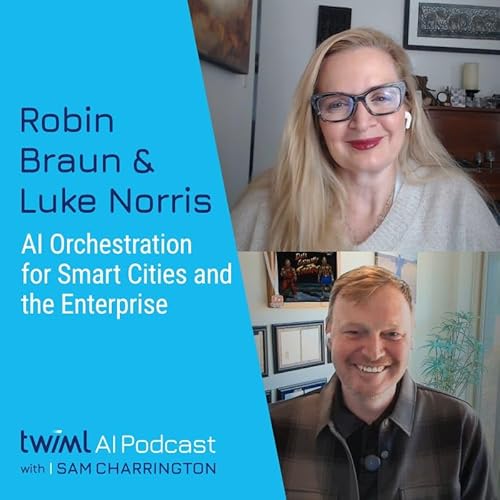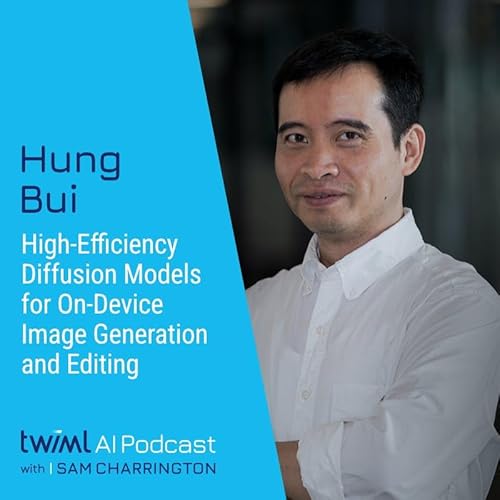Episódios
-
 1 hora e 7 minutos
1 hora e 7 minutosFalha ao colocar no Carrinho.
Tente novamente mais tardeFalha ao adicionar à Lista de Desejos.
Tente novamente mais tardeFalha ao remover da Lista de Desejos
Tente novamente mais tardeFalha ao adicionar à Biblioteca
Tente outra vezFalha ao seguir podcast
Tente outra vezFalha ao parar de seguir podcast
Tente outra vez -
 53 minutos
53 minutosFalha ao colocar no Carrinho.
Tente novamente mais tardeFalha ao adicionar à Lista de Desejos.
Tente novamente mais tardeFalha ao remover da Lista de Desejos
Tente novamente mais tardeFalha ao adicionar à Biblioteca
Tente outra vezFalha ao seguir podcast
Tente outra vezFalha ao parar de seguir podcast
Tente outra vez -
 58 minutos
58 minutosFalha ao colocar no Carrinho.
Tente novamente mais tardeFalha ao adicionar à Lista de Desejos.
Tente novamente mais tardeFalha ao remover da Lista de Desejos
Tente novamente mais tardeFalha ao adicionar à Biblioteca
Tente outra vezFalha ao seguir podcast
Tente outra vezFalha ao parar de seguir podcast
Tente outra vez -
 49 minutos
49 minutosFalha ao colocar no Carrinho.
Tente novamente mais tardeFalha ao adicionar à Lista de Desejos.
Tente novamente mais tardeFalha ao remover da Lista de Desejos
Tente novamente mais tardeFalha ao adicionar à Biblioteca
Tente outra vezFalha ao seguir podcast
Tente outra vezFalha ao parar de seguir podcast
Tente outra vez -
 56 minutos
56 minutosFalha ao colocar no Carrinho.
Tente novamente mais tardeFalha ao adicionar à Lista de Desejos.
Tente novamente mais tardeFalha ao remover da Lista de Desejos
Tente novamente mais tardeFalha ao adicionar à Biblioteca
Tente outra vezFalha ao seguir podcast
Tente outra vezFalha ao parar de seguir podcast
Tente outra vez -
 Nov 12 202555 minutos
Nov 12 202555 minutosFalha ao colocar no Carrinho.
Tente novamente mais tardeFalha ao adicionar à Lista de Desejos.
Tente novamente mais tardeFalha ao remover da Lista de Desejos
Tente novamente mais tardeFalha ao adicionar à Biblioteca
Tente outra vezFalha ao seguir podcast
Tente outra vezFalha ao parar de seguir podcast
Tente outra vez -
 56 minutos
56 minutosFalha ao colocar no Carrinho.
Tente novamente mais tardeFalha ao adicionar à Lista de Desejos.
Tente novamente mais tardeFalha ao remover da Lista de Desejos
Tente novamente mais tardeFalha ao adicionar à Biblioteca
Tente outra vezFalha ao seguir podcast
Tente outra vezFalha ao parar de seguir podcast
Tente outra vez -
 Oct 28 202552 minutos
Oct 28 202552 minutosFalha ao colocar no Carrinho.
Tente novamente mais tardeFalha ao adicionar à Lista de Desejos.
Tente novamente mais tardeFalha ao remover da Lista de Desejos
Tente novamente mais tardeFalha ao adicionar à Biblioteca
Tente outra vezFalha ao seguir podcast
Tente outra vezFalha ao parar de seguir podcast
Tente outra vez


